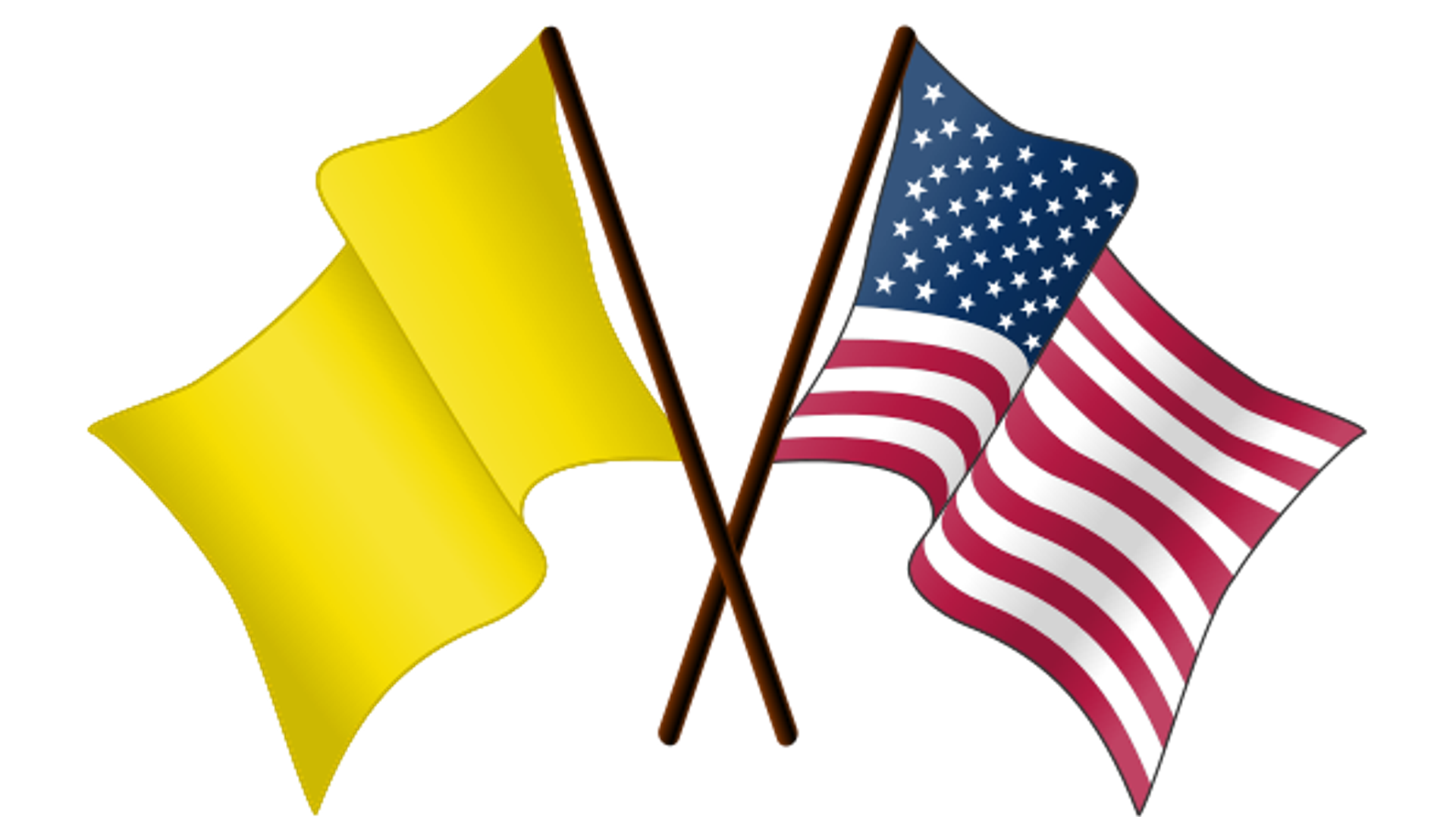
Libertarian Party
What do people say about Libertarian Party?
The Libertarian Party is viewed by some as a necessary alternative to the two-party system, advocating for civil liberties and non-interventionism. However, segments from various podcasts reveal a troubling perception of the party as extreme and out of touch, with some members expressing radical views on social separation and physical expulsion of opposing ideologies. This dichotomy showcases a growing frustration with traditional political structures, yet highlights the party's struggle to maintain a coherent identity that resonates with mainstream voters. The party is often associated with fringe ideas, leading to skepticism about its viability in American politics.
Where are the conversations happening?
The sources analyzed include 'Real America’s Voice', 'TFTC: A Bitcoin Podcast', and 'The Pete Quiñones Show', where discussions often pivot around dissatisfaction with both major parties. 'Real America’s Voice' tends to highlight frustrations with government overreach which resonates with Libertarian principles, while 'The Pete Quiñones Show' presents more extreme views of separation and intolerance towards opposing ideologies, potentially alienating moderate listeners. The contrast in tone and content across these platforms reveals a fragmented perception of the Libertarian Party.
What are the topics trending around Libertarian Party?
Discussions around political extremism, government overreach, and the viability of third parties in the current political landscape are increasingly prominent.
Why are these topics trending?
These topics reflect a growing disenchantment with traditional political parties and an exploration of alternative ideologies, including libertarianism, as voters seek options that align more closely with their values.
How is Libertarian Party being talked about?
Detailed breakdown of public sentiment and conversations about this political party.
Impact vs Sentiment
See how each entity's high impact percentage relates to their positive sentiment percentage from actual mentions.
